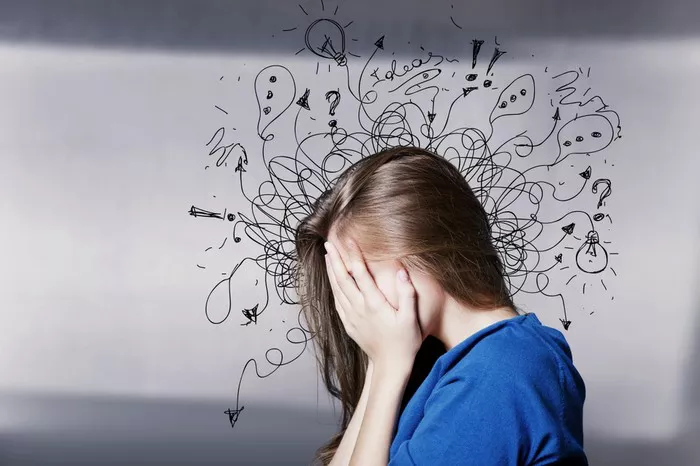FAQs
Why do I crave ice?
Craving ice, known as pagophagia, could indicate an iron deficiency anemia. The desire to chew ice may be the body’s way of trying to increase alertness due to the cold sensation, but it’s essential to consult a healthcare professional to rule out underlying health issues.
Why can’t I stop eating ice?
An insatiable urge to consume ice, known as compulsive ice eating or ice pica, could signal anemia, particularly iron deficiency anemia. However, it’s crucial to consider other factors like stress or anxiety. Consulting a healthcare provider can help determine the underlying cause and appropriate treatment.
Is eating ice a form of anxiety?
While compulsive ice eating can be linked to various health conditions, including anxiety disorders, it’s essential to address the root cause. Anxiety can manifest in different ways, and compulsive behaviors like eating ice may serve as coping mechanisms. Seeking professional help can provide insights into managing anxiety effectively.
Related topics:
- 6 Tips for ADHD Medication For Adults With Bipolar
- ADHD in Adults: Recognizing the Challenges & Finding Solutions
- A Journey Through the World of Therapy: A Complete Overview


